A Vegan’s Guide to Boost Collagen & Promote Healthy Aging
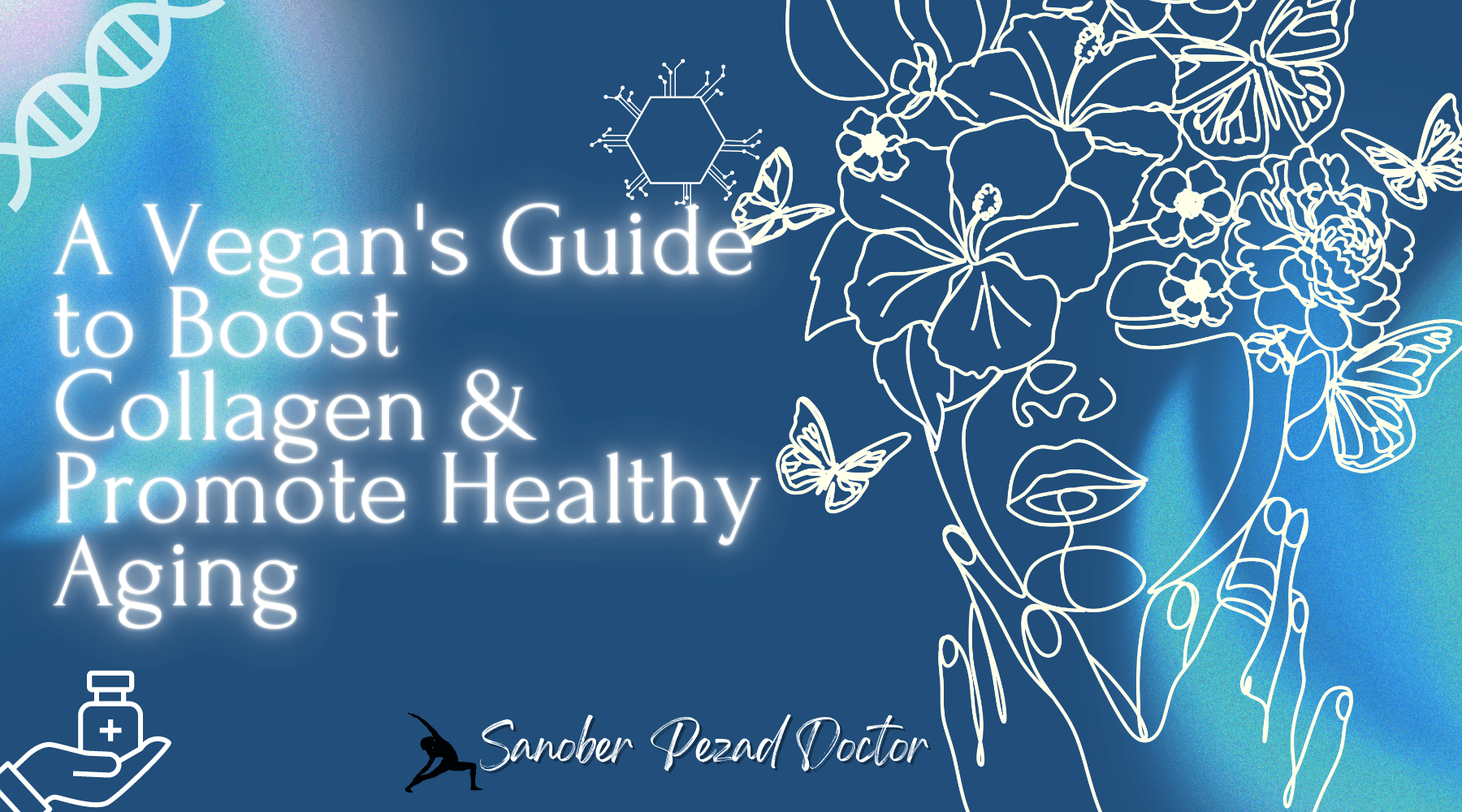
I’m sure if you are here with me, you are here to know the facts. The collagen craze pops up time and again in the health and beauty industry and isn’t going to die down soon, probably due to a valid reason! This protein has found its way into almost everything, right from supplements to skin creams to injection treatments.
Ask a traditional dermatologist (not me ?) and most likely you’ll hear them say that collagen supplements are a waste of money! Well then, why are we discussing this here?
Like I always say, understanding the what, why, and how is important, and hopefully by the end of this article you’ll be able to decide what to follow.
You might be aware that collagen is an animal product and I always have my vegan community worried about not being able to get enough.
Well, is it even possible for your body to get enough collagen, while also sticking with your vegan diet is a question that I am here to answer today.
What is Collagen in the First Place?
Collagen is the most important protein, that makes up the bulk of your body mass. It’s present in your skin, your muscle tissue, and your bones. You can think of it sort of like glue, holding together most of the other cells and forming the framework upon which your skin and other tissues are built.
Your body naturally produces collagen out of the building blocks of proteins you get from the food and supplements you eat. Specifically, your body uses two amino acids – glycine and proline – and mixes them with vitamin C and copper. This combination produces collagen, which your body uses to repair itself and support healthy tissues.
I like using this simple analogy to explain the process of Collagen Formation. Procollagen is the molecule before the collagen is actually formed, and I want you to think of it like it’s raw wool or cotton. This raw material will then get woven into individual threads…these threads are like those baby, delicate collagen fibers. These individual threads are then woven into thicker strands, which are our mature collagenous fibers. And finally, all of those thicker threads are woven into the fabric to make a shirt…or in collagen’s case: skin, tendons, muscles, hairs, etc.
Why Should You Bother Getting Adequate Collagen?
While aging is well-known to decrease the amount of collagen being produced in the body. Certain lifestyle and environmental factors can inhibit the production of collagen or damage existing collagen in your body. Smoking is a big one… nicotine and the assorted other horrible chemicals in cigarettes or other tobacco products, damage collagen and inhibit the body’s ability to make more of it.
Too much sunshine is another important cause of collagen breakdown. Excessive exposure to UV rays breaks down collagen and reduces collagen production, which is why people who spend large portions of their lives in the sun tend to get wrinkles faster than those who don’t.
An image published in a recent issue of the New England Journal of Medicine paints a clear picture of what kind of damage the sun can cause to a person’s skin.
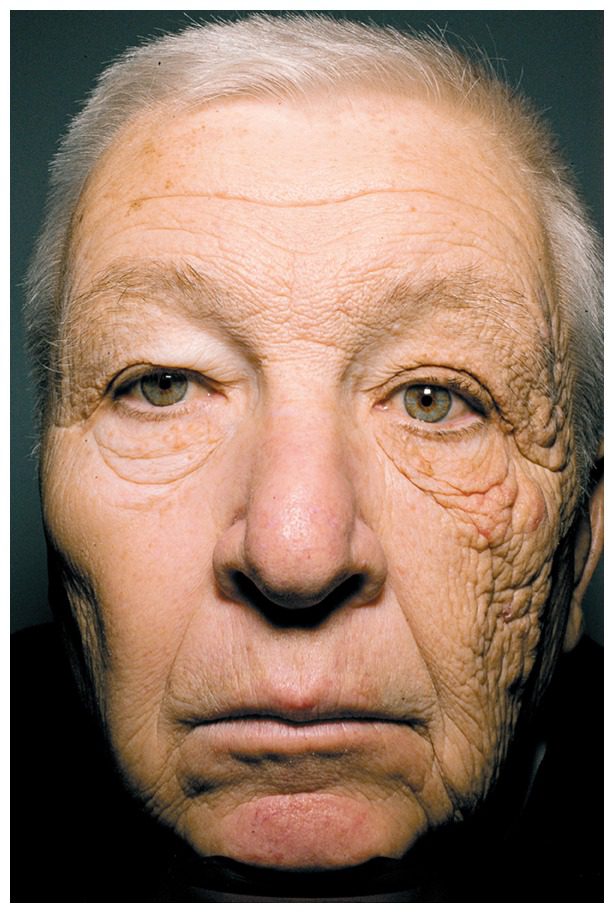

The Collagen Debate: How to Get Enough Collagen?
There’s some debate in the scientific community as to whether or not having collagen actually works. There is emerging evidence to support that eating collagen increases your body’s collagen production or usage. But it’s difficult to tell. It’s possible that collagen supplements are simply a good source of protein, or maybe they directly benefit collagen production. We’ll know for sure someday.
But I want you to understand one fact clearly, that you can get more collagen through your diet, and that’s about it. No amount of skincare marketed to contain collagen or the like of it is comparable. Collagen is a large protein molecule, so it isn’t absorbed through the skin, even in carriers. It can be injected, like a filler treatment, but the collagen itself isn’t used by the body when you inject it, it just acts as a protein filler.
Now, there are three general ways you’ll see collagen on the market as a supplement or as a product: whole collagen, collagen peptides, and bone broth.
“Whole” collagen as the name suggests, is the full collagen molecule. You consume this protein, and your body digests it, breaking it down into smaller fragments. However, this is considered less effective than other methods. We all know our digestive abilities have gone down the drain over the last so many years. More so, why overwork an already taxed digestive system when you have a better alternative?
Collagen peptides try to solve this problem by, essentially, coming “pre-digested”. They aren’t digested, of course; but natural enzyme processes are used to break down the very long-chain collagen, into shorter-chain collagen peptides. Why do this? Because shorter-chain collagen peptides, with a lower molecular weight than gelatin or standard collagen, are much easier for the body to absorb.
I always prefer sourcing Hydrolyzed Collagen from reputable sources.
The Vegan Problem with Collagen
Now I haven’t discussed in detail the benefits of collagen, because I am assuming you already do. Hence since we know how important collagen truly is, the problem then arises as you might have realized through the post so far is that if you’re adhering to a vegetarian or vegan diet, how can you supplement with collagen?
Collagen is an animal product. Period. There are wonderful plant-based protein alternatives available today, but I cannot equate the usefulness of the two.
This means you have 2 options.
Option 1: you can compromise on your diet for this one thing. Collagen, in a pure form like hydrolyzed peptides or gelatin, is an animal product, but it’s not really equivalent to eating meat. It’s unlikely to cause digestive issues the way eating meat after a long vegan diet might, for example.
In case you are actually considering it & wondering what if you have allergies or sensitivities to meat? In all probability, collagen is fine and shouldn’t be a cause for concern, but you may need to make sure you’re getting pure collagen or peptides. If you’re vegan because of ethical issues involved in animal products, you can find ethically sourced forms of collagen for a slight premium. It’s up to you if this is an option, depending on how strict you are with your diet.
But before you run away, calling me names for trying to turn you into eating something that you do not wish to, let’s discuss the 2nd option I have for you.
Option 2: you can find and take a “vegan collagen” supplement. Now, I do NOT recommend this, for two reasons. The first is that there’s NO such thing as vegan collagen! Scientists are working on producing synthetic collagen for use as supplements, but for now, no such supplements exist & I wouldn’t even want you to consume those if they do come in the future.
That leads us to Option No. 3: Having Collagen Boosters! Oooh! Sounds interesting isn’t it? Now anything labeled as vegan collagen does not actually include collagen or any collagen-like molecules. They tend to be “collagen boosters”, which are supposedly formulas of nutrients that promote the production of more collagen in your body.
I want you to remember that your body- this brilliant masterpiece that we have been bestowed with, can actually make collagen on its own when provided with the right nutrients. It’s been doing it so far and will continue to do so, provided you incorporate the right nutrients. This means that even for the vegan and all my lovely vegetarian folks out there, you can enhance your collagen production and gain all of the benefits discussed here! (Now smile a bit, aren’t you happy now?)
Vegetarian Foods and Nutrients That Increase Collagen Production
1- Proline
Proline and hydroxyproline are amino acids that make up 23% of collagen. They play a very important role in maintaining the stability of collagen.
Now proline is primarily an animal product, but it can also be obtained through soy foods and some dairy. Some seeds, like sunflower seeds, are a good source as well. You can also get small amounts of proline from vegetables like cabbage, chives, asparagus, cucumbers, and watercress.
2- Glycine
Glycine is also primarily an animal product and, much like proline, can be found in dairy products. So your best bet would be milk and cheese products to get your vegan source of glycine.
3- Copper
Copper increases the production of collagen and elastin- the 2 main structural proteins of the skin, nails, hair & bone. It also helps facilitate the fibril structure of these proteins.
If you don’t mind me adding, then liver and shellfish, are very good sources of copper. But heck, plenty of meat-eaters don’t eat liver either – so some great plant-based sources of copper include- sunflower seeds, lentils, almonds, apricots, dark chocolate (did someone say dark chocolate!), mushrooms, greens, and blackstrap molasses. Spirulina, and shiitake mushrooms, are other good sources.
4- Vitamin C
Vitamin C adds oxygen and hydrogen to amino acids so that they can do their part in collagen production. I know you already know this but if you don’t get enough vitamin C, the rate of collagen production will slow down.
Besides, vitamin C is one of the most common, easiest, and safest vitamins to supplement. So you really have no excuses.
Vegetarian vitamin C sources (did I just say that!) include many fruits and vegetables such as mango, papaya, peppers, pineapple, citrus fruits …broccoli, Brussels sprouts, cauliflower, and kale.
I like supplementing once in a while with the following, especially when I feel my diet is lacking these and I haven’t been as disciplined as I should have been! ?
Additional Nutrients to Consider
Now the four nutrients discussed above are the only nutrients truly necessary to produce collagen in your body. But there are other nutrients you can eat to help out along the way. Some of them fill other roles, like suppressing inflammation and helping to minimize damage to the existing collagen.
5. Vitamin A
Vitamin A has been shown to have some benefits to collagen production, in the active form called retinol. While the only topical ingredient that I believe in… which can actually be a game changer in your anti-aging skincare routine is retinol. That being said, imagine the benefits of having this source through whole foods!
Retinol, unfortunately, is an animal product as well. So, you’ll need to pull the same trick you’re pulling with collagen: get more of the precursors to allow your body to synthesize retinol. This means you need to get beta-carotene, which you can get from carrots, apricots, broccoli, kale, and sweet potatoes.
6. Manganese
It is a mineral that your body uses to synthesize proline and use it in the production of collagen. You don’t need a lot of it, and you can get it from a wide variety of different foods, including pineapple, leafy greens, nuts, seaweed, and whole grains. But I know of so many lately who are deficient in it and only supplementing with this mineral has done wonders to relieve many health-related symptoms.
7. Zinc
This is another mineral your body uses to make the stuff that makes the stuff that makes collagen! See, this is why it’s so hard to engineer supplements; everything is interconnected! ? In any case, you can get zinc from a variety of different sources. Oysters are the best, but they’re not vegan. Instead, look for it in seeds (pumpkin seeds, in particular), nuts, and beans.
8. Strontium
Strontium is a mineral that helps your body make and maintain healthy collagen levels by promoting collagen synthesis while suppressing its degradation.
Vegetarian sources of strontium include Brazil nuts, milk, cheese, spinach, carrots, peas, beans, and root vegetables.
Unfortunately, although the above options do contain trace amounts of strontium, it’s unlikely that you’ll get enough of this nutrient from diet alone, particularly if you’re looking for bone health benefits. That’s why you’ll want to look for high-quality strontium supplements to fill the gaps.
9. Lysine
Lysine helps to give collagen its stability and structure by assisting in cross-linking. It also increases intestinal calcium absorption.
Vegetarian sources of lysine include eggs, dairy products (particularly parmesan cheese), tofu, brewer’s yeast, and spirulina.
10. Arginine
Research suggests that arginine stimulates insulin-like-growth factor-l (IGF-1) production and collagen synthesis in osteoblast-like cells. In this way, arginine makes the cells in your bone that are responsible for bone growth and mineralization more active.
The vegetarian sources of arginine include sesame seeds, spirulina, coconut meat, cultured yogurt, kefir, and raw cheeses.
11. Silica
The last mineral on the list is Silica. It is the mineral that assists in collagen synthesis, playing a role in the activation of enzymes responsible for collagen production.
Vegetarian sources of silica include oats, barley, avocados, cucumbers, asparagus, mussels, horsetail, nettle, and strawberries.
Do You Really Need to Supplement Collagen?
Reading through all of this, you might feel like it’s a whole lot of trouble to go through to supplement something that might not even really work. Then why bother?
The fact is, you probably don’t need to go out of your way to supplement collagen in your diet unless you have reason to believe you’re deficient in some way or feel your body needs that extra care especially as you undergo the the inevitable process of aging!
If you’re simply worried about the appearance of your skin, there are much better, more effective ways to boost your skin health rather than focusing on collagen ONLY! For example, staying out of the sun, and using sunscreen when you’re spending time in the sun, is one great choice. Sun damage is broadly responsible for far more wrinkles than a lack of collagen. Additionally, if you smoke, quit ASAP. It’s killing you in many more ways than just collagen inhibition!
Supporting the needs of our connective tissue through whole foods is an excellent way to ensure good skin, bone, and gut health. Remember, our lives are a determinant of all the choices we ultimately make.
The Verdict
Your body produces collagen naturally and will produce more if you eat foods rich in the nutrients listed above. You don’t necessarily need to eat meat or take a collagen peptide supplement to maintain proper levels of collagen.
I like to occasionally supplement with Hydrolyzed Collagen from reputable sources such as this one. It is something I have been doing for a few years now and I find the difference in the way my skin, hair, and overall body feel when I stop taking it for a period of time.
By being proactive in our choices today, including the foods we eat on a daily basis, we can ensure better skin & bone health for years to come.
If you are struggling with fatigue, skin issues, or other health problems and feel like you’ve reached a plateau with your healing, check out our telehealth integrative health coaching consultation.
In my telehealth integrative health coaching clinic, we go the extra mile to uncover all areas of your health that can be contributing to your skin and overall health problems.
Even though health problems can be overwhelming, we aim to walk with you on your journey to better health, naturally.
We believe in whole-person healing!
As one of the only few Holistic skin and health coaches in the world, we provide online coaching for people around the globe.
? We’re meticulous. So nothing gets missed. Trust me, you’re in safe hands!
Till then,
Continue to glow, thrive and shine as always.
Sending lots of healthy and happy wishes your way. ?
P.S.- If you like what I share, consider Subscribing to stay connected. I do NOT spam. Promise! ?
Also, please leave a comment and share the article with your loved ones. Sharing is Caring!
Feel free to ask a question or leave a suggestion as well. I am always open to learning. ?
FAQs
Is there a vegetarian source of collagen?
Collagen comes from animal sources, so there aren’t any collagen sources compatible with vegan or vegetarian diets. However, your body makes collagen on its own when provided with the proper nutrients.
How can vegans increase collagen naturally?
Vegans can naturally increase their collagen production by getting specific nutrients that support collagen synthesis. These include vitamin C, the minerals manganese, zinc, silica, strontium, copper, and the amino acids proline, lysine, and arginine.
What plant-based foods build collagen?
Sources of vitamin C like mango and citrus fruits can assist with collagen production, and mineral-rich vegetables like asparagus, spinach, carrots, and cucumbers. Vegan protein sources like soy, nuts, beans, and spirulina also contribute to the amino acid pool necessary for collagen production.
References
- Unilateral Dermatoheliosis: http://www.nejm.org/doi/full/10.1056/NEJMicm1104059
- Proline precursors to sustain Mammalian collagen synthesis-https://pubmed.ncbi.nlm.nih.gov/18806118/
- Using Copper to Improve the Well-Being of the Skin- https://www.ncbi.nlm.nih.gov/pmc/articles/PMC4556990/
- Vitamin C and Skin Health- https://lpi.oregonstate.edu/mic/health-disease/skin-health/vitamin-C
- Effects of strontium on collagen content and expression of related genes in rat chondrocytes cultured in vitro- https://pubmed.ncbi.nlm.nih.gov/23475370/
- Lysine and collagen- https://pubmed.ncbi.nlm.nih.gov/1904695/#:~:text=The%20amount%20of%20lysine%20in,and%20the%20fibers%20of%20collagen
- Dietary L-lysine and calcium metabolism in humans- https://pubmed.ncbi.nlm.nih.gov/1486246/
- Arginine increases insulin-like growth factor-I production and collagen synthesis in osteoblast-like cells- https://pubmed.ncbi.nlm.nih.gov/9701468/
- Use of silicon for skin and hair care: an approach of chemical forms available and efficacy- https://www.ncbi.nlm.nih.gov/pmc/articles/PMC4938278/
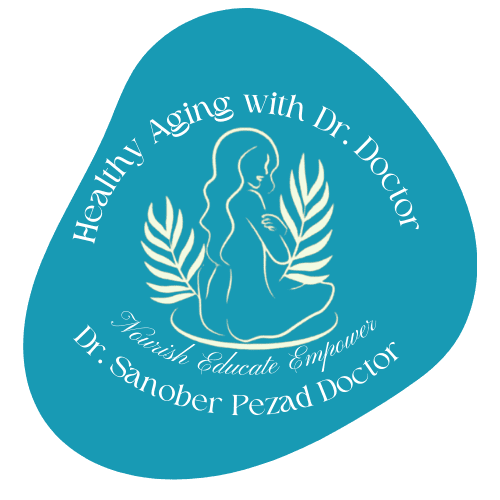

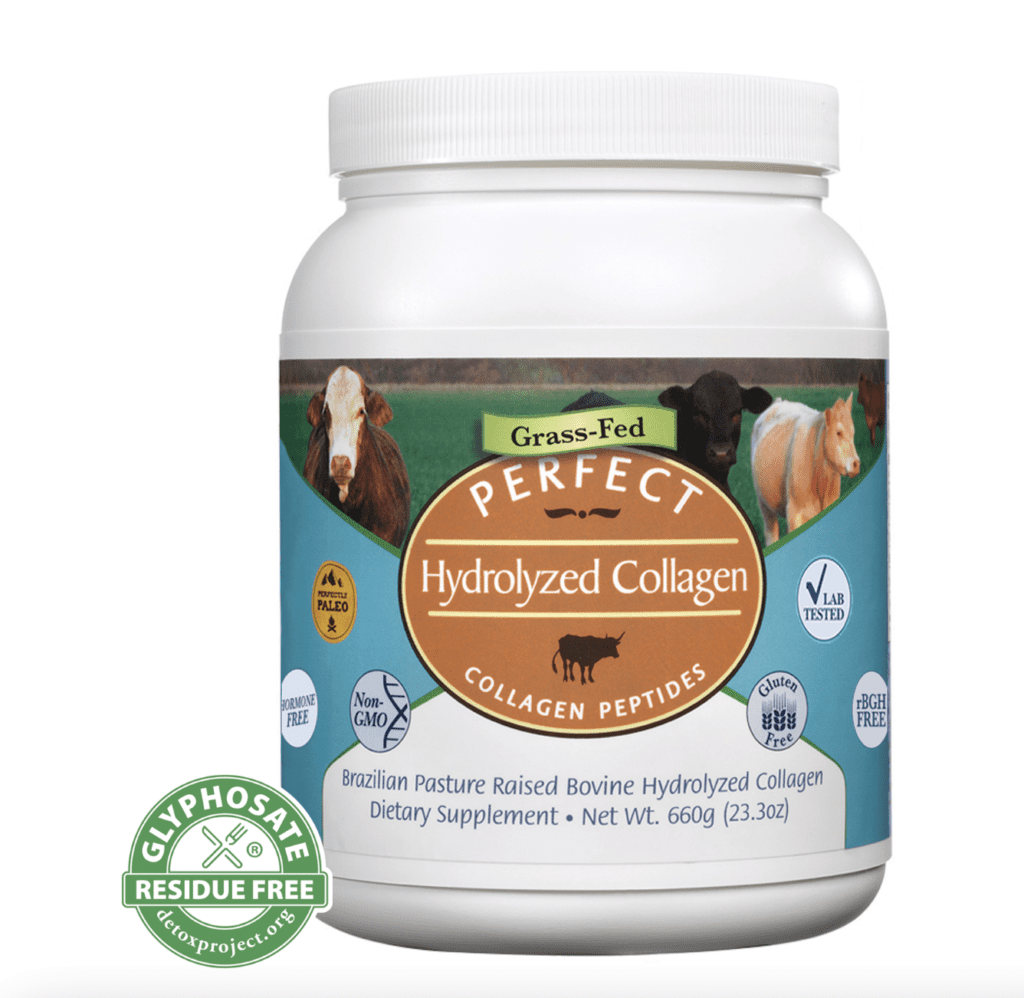

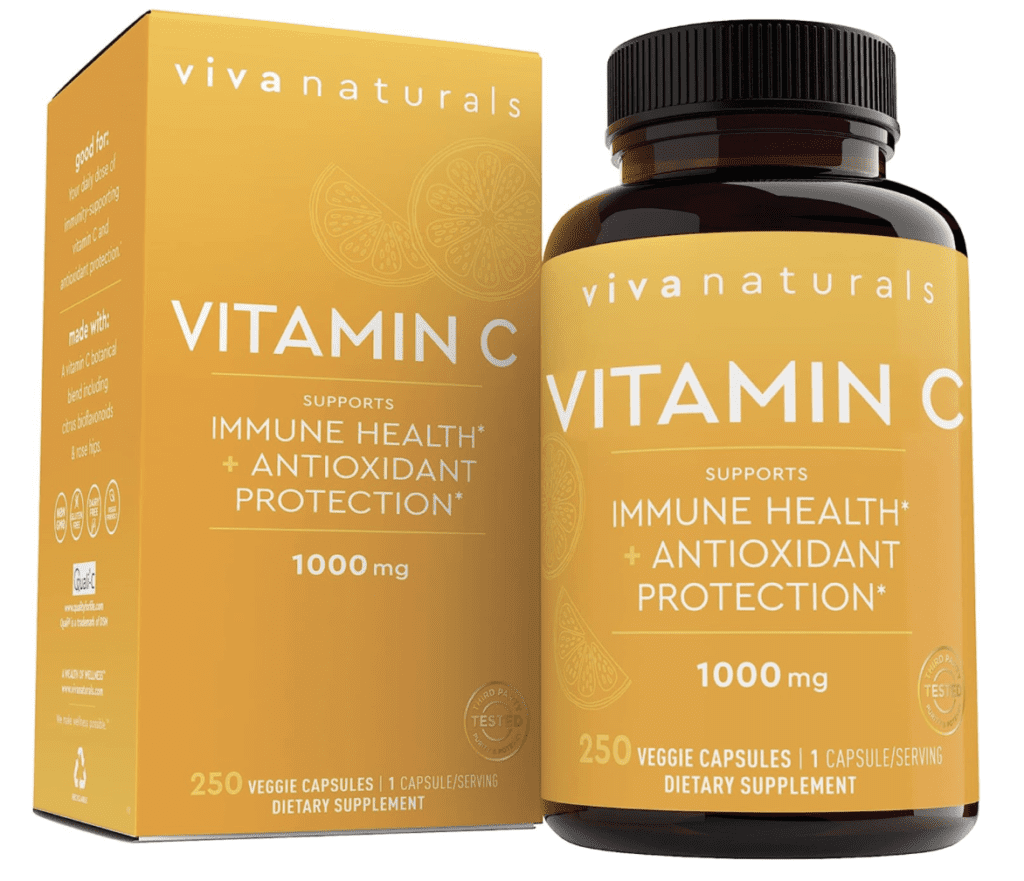
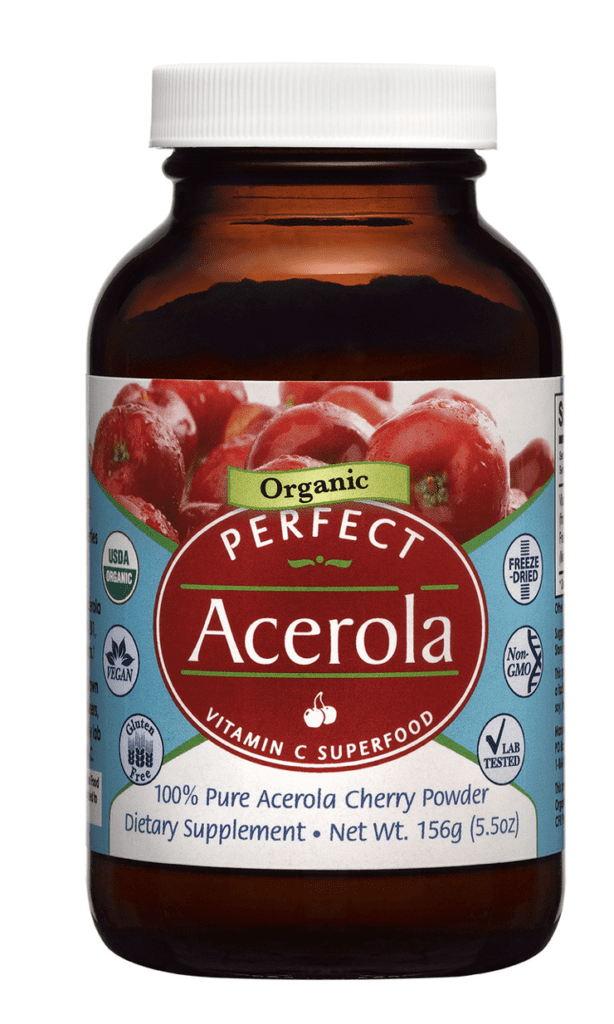
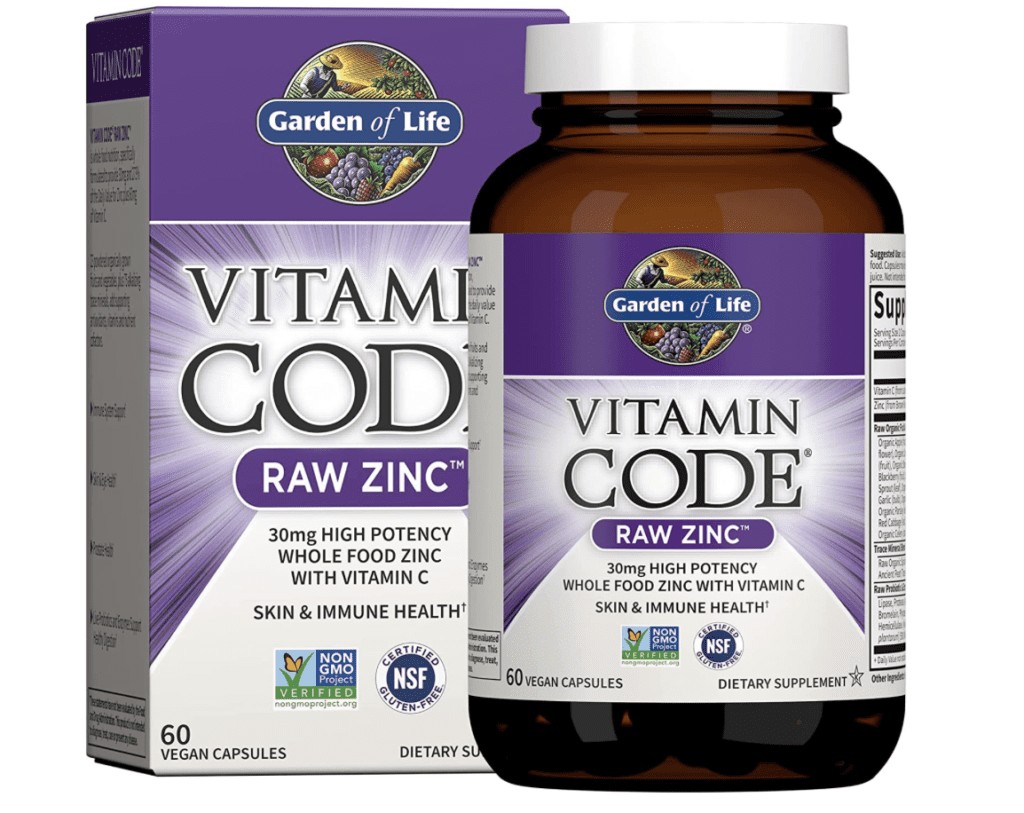
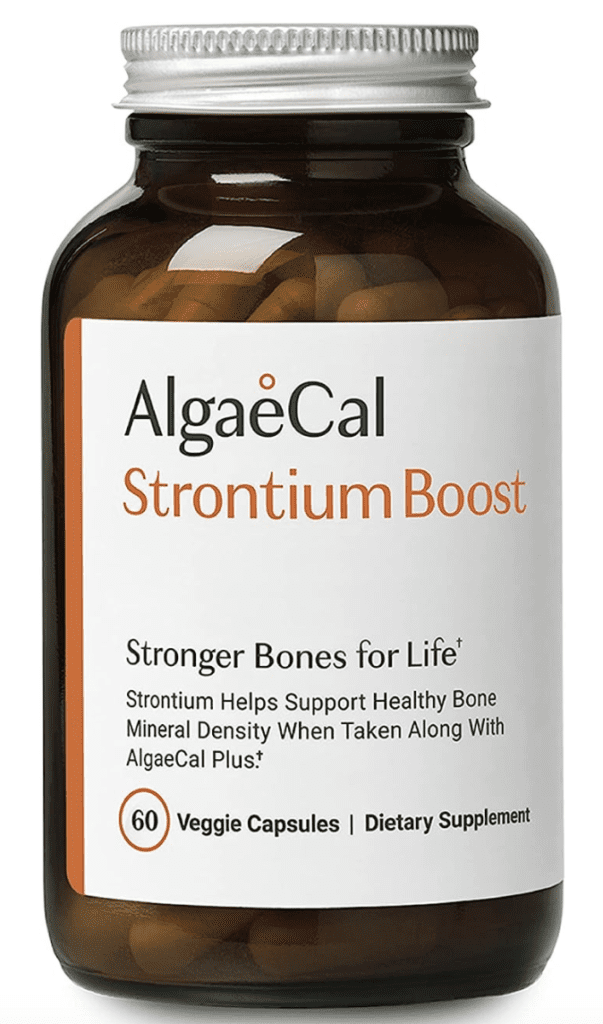
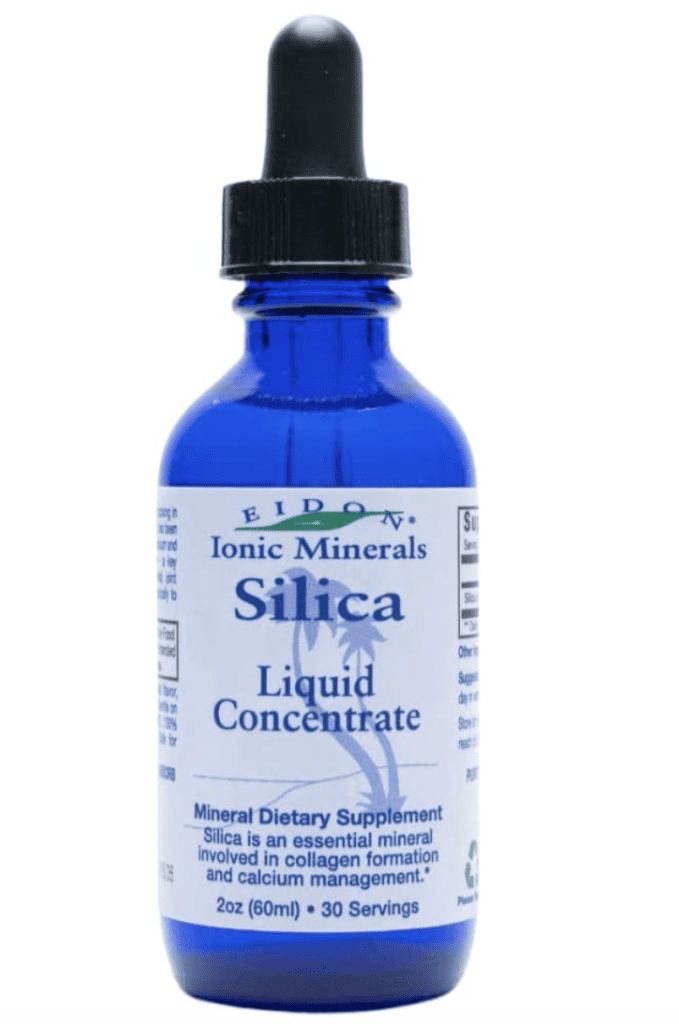

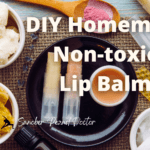


Comments
Thanks for the information. I am trying to learn more about being a vegan.
That’s nice! I am not vegan, but I wanted to share the best ways I know could be helpful.
I’ve been really wondering about supplements and honestly would rather not take them. I really appreciate you breaking down other vitamins and how your body naturally produces it. I take a few of those already so I feel better about that. I also appreciate you explaining why it’s not worth buying expensive creams with collagen in it! I think I’m going to keep doing what I’m doing for now and avoid the extra supplements, much apperciated!
Absolutely! I greatly advocate knowing the basics and applying what is best suited for you. I am so happy that you are making conscious decisions for your body. Great work!
Great information! I didn’t know about L-Proline or some of the other supplements. I do put collagen powder in my protein drink but will definitely look into these other options.
Yes! The individual supplements might seem like a lot, but they work synergistically, if not better. I am glad you found the article helpful.